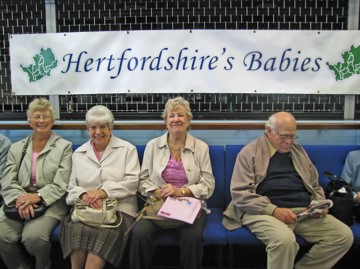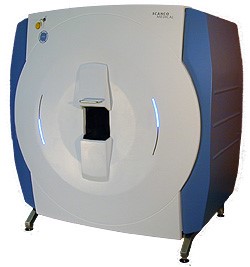Working with collaborators at MRC LHA at University College London; University of Bristol; MRC Nutrition and Bone, Cambridge, and the University of Oxford and through the Sub-Saharan Africa musculoskeletal network we are working to identify novel risk factors for osteoporosis, and to understand the interrelationships between conditions such as cardiovascular disease, and musculoskeletal health across the globe.

Extensive measurements of muscle and bone in the Hertfordshire Cohort Study using high-resolution pQCT has led to the description of novel phenotypes for fracture risk and the illustration of novel relationships between risk factors, comorbidities and bone microarchitecture; including ischaemic heart disease, lean and fat mass indices and bone, type II diabetes and lower leg arterial calcification. These findings have been complemented in the Global Longitudinal Study of Osteoporosis in Women. In collaboration with MRC LHA we have studied the effects of changes in adult nutrition status (diet quality and patterns), physical capability and leisure time activity impact on later bone health and physical frailty.

The genetic and epigenetic mechanisms underpinning the above relationships are currently being studied in collaboration with international consortia. For example, we are studying the impact of epigenetic age acceleration and risk of osteoporosis in HCS.

Together these studies will provide much-needed information on the genetic, epigenetic and metabolic mechanisms of adult musculoskeletal disease and ageing, allow the discovery of novel epigenetic biomarkers which can be replicated, and provide the opportunity to design interventions to improve public health.
